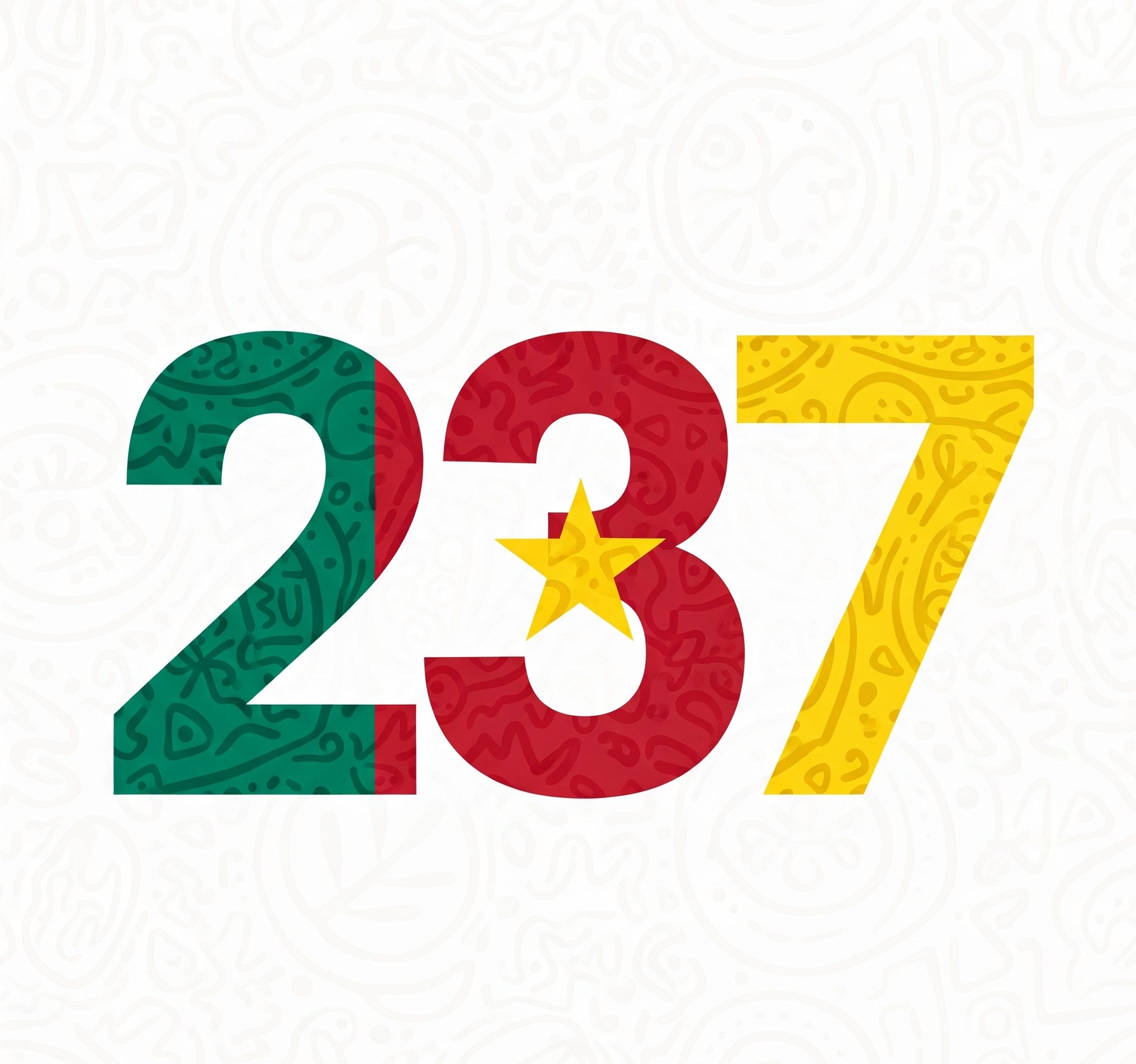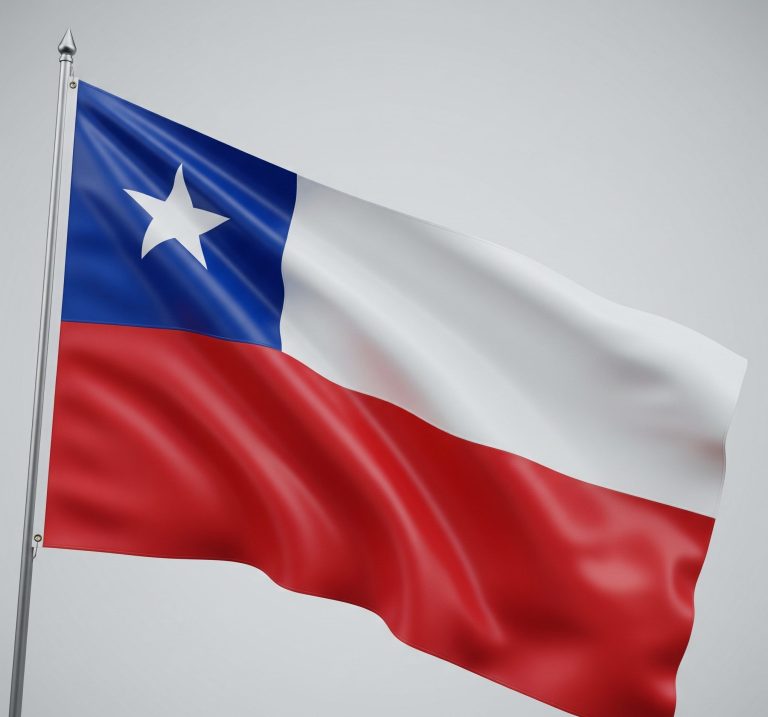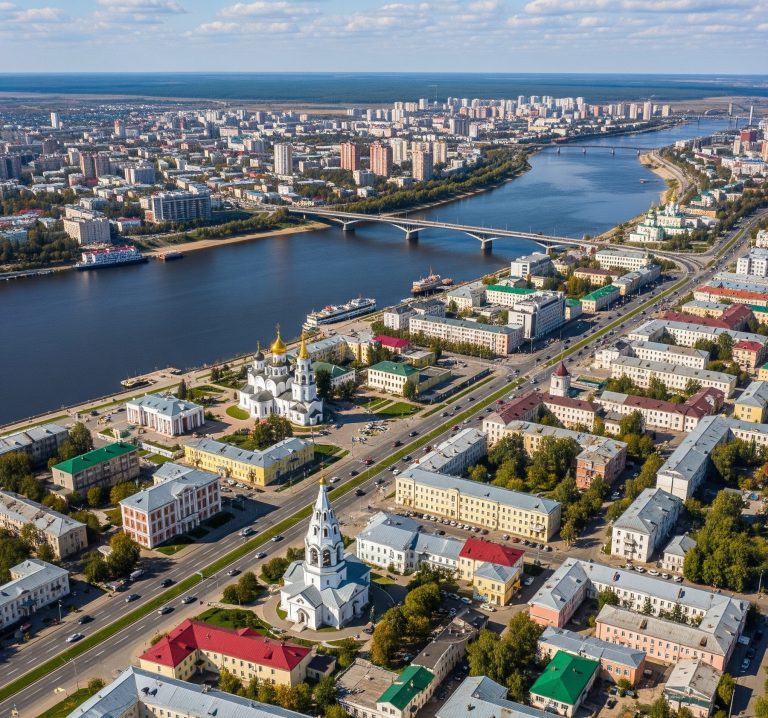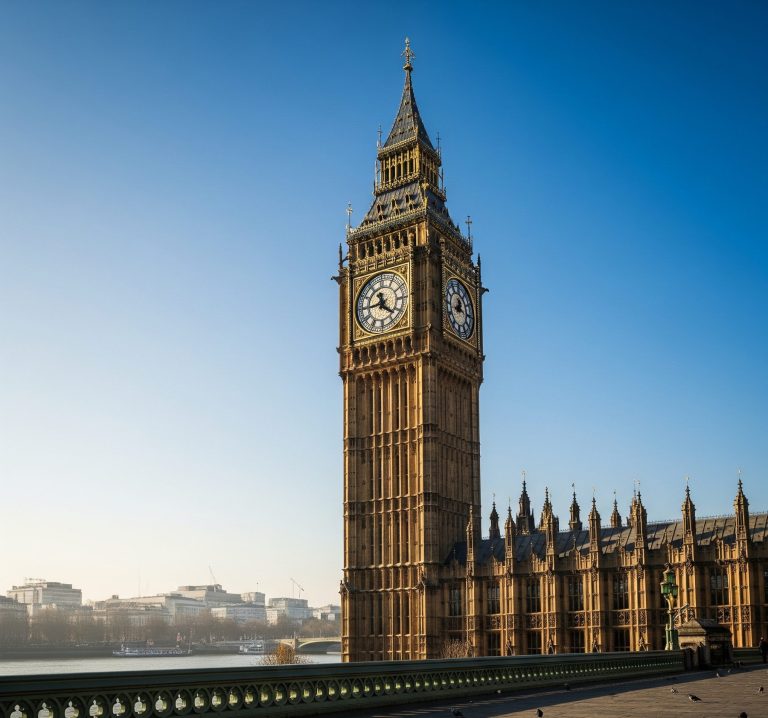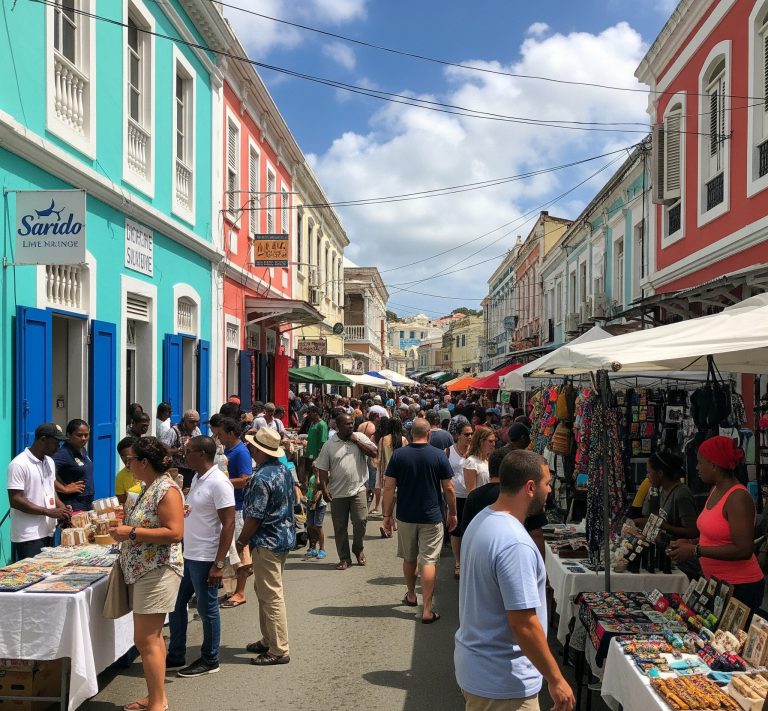In an increasingly interconnected world, understanding the origin of phone calls is more crucial than ever. For many in the United States, a call from an unfamiliar area code can raise a flag of caution or curiosity. Among these, the 237 area code stands out as one that frequently sparks questions. If you’ve ever seen this particular code pop up on your caller ID, you’re not alone. This article aims to demystify the 237 area code, providing essential information for an American audience.
Contents
The Geographic Reality: Where is the 237 Area Code?
Let’s get straight to the point: the 237 area code is not assigned to any state or territory within the United States. This is a crucial piece of information for anyone trying to decipher an unexpected call. Unlike domestic area codes that are typically associated with specific cities or regions (like 212 for New York City or 310 for Los Angeles), the 237 area code belongs to an international location.
Specifically, the 237 area code is assigned to Cameroon, a country located in Central Africa. This immediately shifts the perspective for anyone receiving a call from this code. It means the call is originating from outside the U.S. telephone network, and as such, it comes with a different set of considerations than a domestic call.
Why Are Americans Receiving Calls from the 237 Area Code?
The reasons Americans might receive calls from the 237 area code are varied, and not all of them are nefarious. However, it’s important to be aware of the common scenarios:
International Business and Personal Connections
For individuals with family, friends, or business associates in Cameroon, receiving a call from the 237 area code is perfectly normal. Many international businesses operate globally, and communication with partners or clients in Cameroon would naturally involve calls from this area code. Similarly, the growing diaspora means more people have personal connections spanning continents.
Accidental Dialing or Misdials
Less commonly, but still a possibility, is an accidental dialing or misdial. In a world where phone numbers are often shared and typed, a simple error could lead to an unintended international call. While less frequent, it’s a benign reason for an unexpected call.
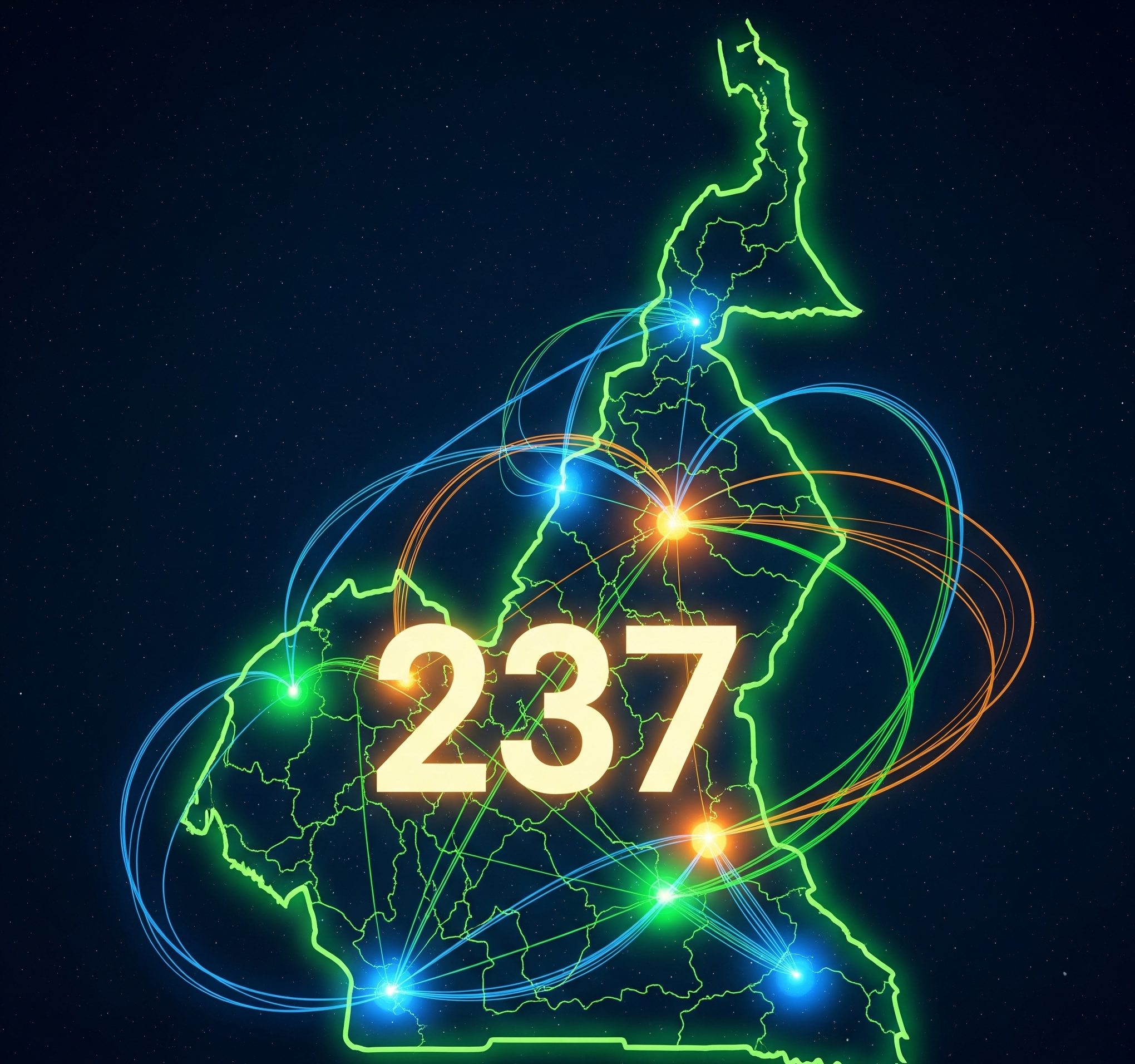
The Rise of International Scams and Spam Calls
Unfortunately, a significant percentage of unsolicited calls from international area codes, including the 237 area code, are associated with scams or spam. This is a widespread issue that affects individuals globally, and the United States is a frequent target. Scammers often leverage international numbers to make it harder for victims to trace them and to exploit unfamiliarity with foreign dialing codes.
Common scam tactics involving international numbers include:
- One-Ring Scams (Wangiri Fraud): This is a particularly prevalent scam where the caller dials your number and hangs up after just one or two rings. The goal is to entice you to call back, often to a premium-rate number, resulting in significant charges on your phone bill. If you see a missed call from the 237 area code and don’t recognize it, resist the urge to call back immediately.
- Tech Support Scams: Scammers might pose as representatives from well-known tech companies (like Microsoft or Apple) and claim your computer has a virus. They then attempt to gain remote access to your computer or trick you into paying for unnecessary “repairs” or software.
- Lottery or Prize Scams: You might receive a call congratulating you on winning a large sum of money or a prize, but to claim it, you’re asked to pay an upfront “fee” or provide personal financial information.
- Grandparent Scams: In these emotionally manipulative scams, the caller pretends to be a grandchild in distress, needing money urgently for an emergency, and asks you to wire funds.
What to Do If You Receive a Call from the 237 Area Code
Given the potential for legitimate calls as well as scams, here’s a practical guide on how to handle calls from the 237 area code:
- Do Not Call Back Unknown Numbers: This is the golden rule, especially with international numbers you don’t recognize. If it’s a legitimate call, the caller will likely leave a voicemail or find another way to reach you. Calling back an unknown 237 area code number, particularly if it was a one-ring call, could lead to unexpected charges.
- Verify the Caller (If Expected): If you are expecting an international call, perhaps from a family member or business associate in Cameroon, verify the number they will be calling from beforehand. This simple step can prevent confusion and protect you from fraudulent calls.
- Be Wary of Unsolicited Information Requests: Never provide personal information, financial details, or account numbers over the phone to unsolicited callers, regardless of the area code. Legitimate organizations will not ask for sensitive information in this manner.
- Block the Number: If you repeatedly receive unwanted calls from the 237 area code or suspect they are spam, block the number on your smartphone. Most modern smartphones have a built-in feature to block unwanted callers.
- Report Suspicious Calls: You can report suspicious calls to the Federal Communications Commission (FCC) or the Federal Trade Commission (FTC). While it might not directly stop the calls, reporting helps these agencies track patterns and investigate fraudulent activities.
- Educate Yourself and Others: Share this information with friends and family, especially elderly relatives who may be more vulnerable to certain types of scams. Awareness is a powerful tool in preventing victimization.
The Bigger Picture: International Call Safety
The issues surrounding the 237 area code are not unique. Similar concerns exist for other international area codes that are frequently exploited by scammers. The general principles for handling unknown international calls remain consistent: exercise caution, prioritize your personal information, and err on the side of not engaging with suspicious callers.
conclusion
Understanding that the 237 area code originates from Cameroon is the first step in making informed decisions about incoming calls. By being vigilant and following these guidelines, Americans can better protect themselves from potential scams and navigate the complexities of global communication. Stay informed, stay safe, and remember that when it comes to unfamiliar numbers, a healthy dose of skepticism is your best defense.

